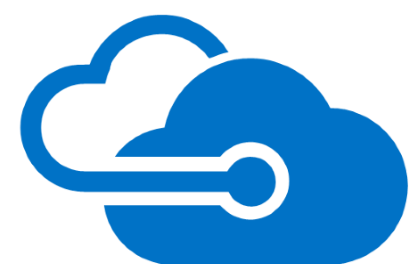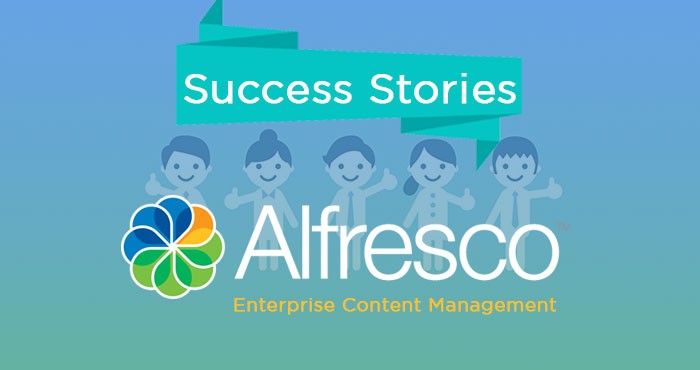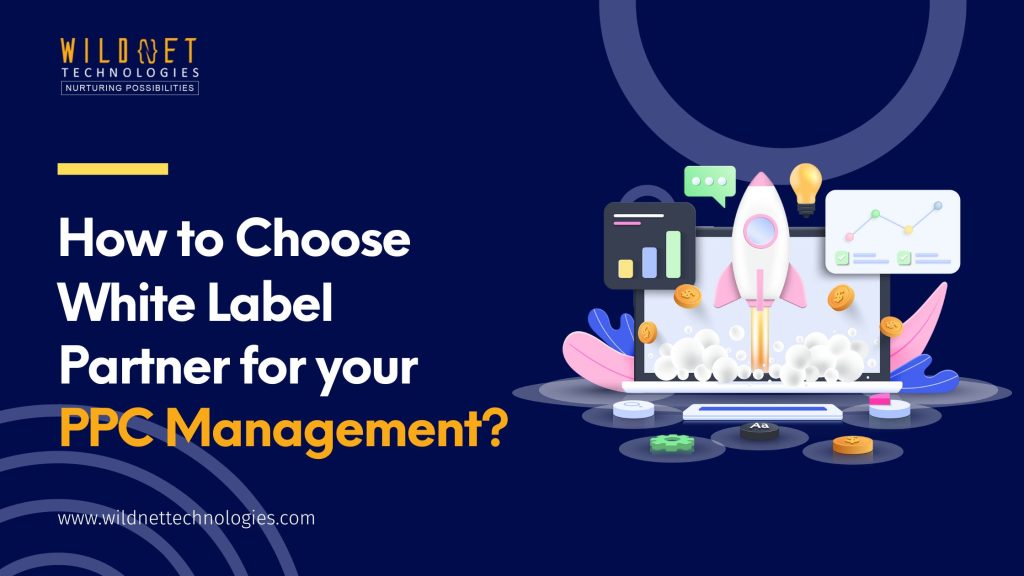Social media is essential to inbound marketing because valuable, shareable content helps attract, engage, and nurture audiences. It builds trust, drives organic traffic, and supports lead generation by fostering real-time, two-way communication. Read here in detail.
In the digital age, marketing is no longer about interrupting customers but attracting them. This core philosophy is the foundation of inbound marketing, a strategy focused on drawing potential customers in through valuable content and meaningful interactions. Among the many tools in an inbound marketer’s toolkit, social media stands out as one of the most potent and effective channels. Why is social media an important part of inbound marketing? From amplifying content to driving organic engagement and nurturing trust, social media helps businesses connect with audiences in ways that traditional marketing channels cannot.
1. Social Media Drives Organic Visibility
At the heart of inbound marketing lies organic discovery. Unlike outbound tactics that push messages out to the masses, inbound marketing relies on content being found and shared naturally. Social media platforms like Facebook, LinkedIn, Instagram, Twitter (X), and TikTok allow businesses to distribute content widely without relying on paid media.
Every post, share, and comment increases your brand’s visibility. When users engage with your content, it is exposed to their network, creating a ripple effect that can significantly boost reach and visibility, without additional cost.
2. It Helps Build Authentic Relationships
Inbound marketing is not just about attracting attention—it’s about building trust. Social media enables two-way conversations that humanize your brand. Instead of simply broadcasting messages, you can reply to comments, engage with followers, and provide real-time customer service.
This kind of interaction builds loyalty. Customers feel heard and valued, making them more likely to trust your brand and return for future purchases. These platforms also give you insight into customer preferences, helping refine your inbound strategy.
3. Amplifies Your Content Marketing Strategy
Blog posts, videos, eBooks, webinars—no matter what content you create, social media is the primary vehicle to distribute it to your target audience. A well-planned social strategy can turn a single blog post into dozens of micro-content pieces: tweets, Instagram stories, LinkedIn posts, and more.
By promoting content on social media, you generate more traffic to your website or landing pages. This traffic often consists of qualified leads actively interested in the topics you’re discussing, making it easier to guide them down the conversion funnel.
4. Enhances Brand Awareness and Recall
Brand awareness is a critical early stage in the inbound marketing funnel. Social media is one of the most effective platforms for consistently increasing brand exposure. Whether you’re sharing industry insights, behind-the-scenes videos, customer testimonials, or trending memes related to your niche, social media helps you stay top-of-mind with your audience.
Your brand’s consistent presence builds familiarity, which, over time, contributes to trust—a core principle of inbound marketing.
5. Supports Lead Generation and Nurturing
Although inbound marketing avoids hard selling, social media can be a great lead generation tool when approached with value in mind. Platforms like LinkedIn and Facebook offer powerful tools to attract users into your funnel, whether through lead forms, gated content, or events.
Once a lead is captured, social media can nurture those leads by providing ongoing value through content, engagement, and community involvement. Retargeting ads on platforms like Facebook and Instagram also help re-engage users who have previously interacted with your brand.
6. Boosts SEO and Content Reach
Although social media signals aren’t a direct Google ranking factor, there’s a strong correlation between high-ranking content and strong social media presence. Content that gets more shares tends to earn more backlinks, dwell time, and referral traffic—all of which contribute to SEO.
In addition, social media profiles often rank highly in search engine results pages (SERPs), providing another pathway for users to discover your business organically.
7. Offers Valuable Analytics and Audience Insights
Social media platforms come with built-in analytics tools that help marketers understand which content performs best, what times audiences are most active, and what messaging resonates most. These insights can be used to improve not only your social strategy but your entire inbound marketing approach.
For instance, if a particular type of post drives more website visits or downloads, you can create more of that content and amplify its reach through other channels.
8. Cost-Effective and Scalable
Social media marketing—especially when organically driven—is one of the most cost-effective strategies for inbound marketing. Small businesses with limited budgets can compete by consistently producing valuable content and engaging with their audience.
As your business grows, your social media presence can scale with you. You can maintain a strong presence without dedicating extensive resources with tools like social schedulers, automation platforms, and content repurposing strategies.
9. Facilitates Community Building
A loyal community is a goldmine for inbound marketing. Social media helps brands build and maintain communities through groups, comments, and DMs. These communities foster user-generated content, advocacy, and peer-to-peer support—all of which can be more persuasive than traditional advertising.
Communities also become a direct feedback loop where customers share opinions, ideas, and challenges, helping you create better products and more relevant content.
Why Choose Wildnet Social Media Services?
Expert guidance is key to fully leverage social media’s power in your inbound marketing strategy. Why is social media an essential part of inbound marketing? Because it bridges the gap between brand and audience, enabling authentic engagement, content amplification, and data-driven growth. Wildnet social media services offer strategic planning, content creation, platform management, and analytics optimization to ensure your brand connects with the right audience in the right way. Their experienced team crafts custom social campaigns designed to attract, engage, and convert, helping your inbound efforts drive meaningful business results.
FAQs
Q1: Can social media generate quality leads for my business?
Ans. Yes. When used strategically, social media platforms can attract highly targeted leads through valuable content, interactive posts, and lead magnets.
Q2: Which social media platforms are best for inbound marketing?
Ans. It depends on your audience. LinkedIn works well for B2B, while Instagram, Facebook, and TikTok are ideal for B2C engagement and discovery.
Q3: How often should I post on social media for inbound marketing?
Ans. Consistency is key. Aim for 3–5 posts per week per platform, but always focus on quality over quantity. Tailor content to each platform’s audience.
Q4: Is social media enough on its own for inbound marketing?
Ans. While powerful, social media should complement other inbound tactics like SEO, email marketing, and content creation for a well-rounded strategy.
Q5: How do I measure success in social media-driven inbound marketing?
Ans. Track metrics like engagement, website traffic, lead conversions, and audience growth. Use platform insights and integrate with tools like Google Analytics.
Read More
How Social Media Marketing Helped Sell 21 Luxury Apartments in 1 Month?
Exploring Different Types of Social Media Marketing for Business Growth
Learn the Winning Strategies to Produce Crazy Viral Social Media Ads that Will Go Viral in 2025!
Adapting to the Evolution of Social Media Marketing
5 Underrated Advantages of Social Media Marketing You Must Know
Anyone can post on social media—but only the Wildnet best social media marketing agency in Delhi can craft campaigns that spark conversations, build trust, and drive real business growth.







